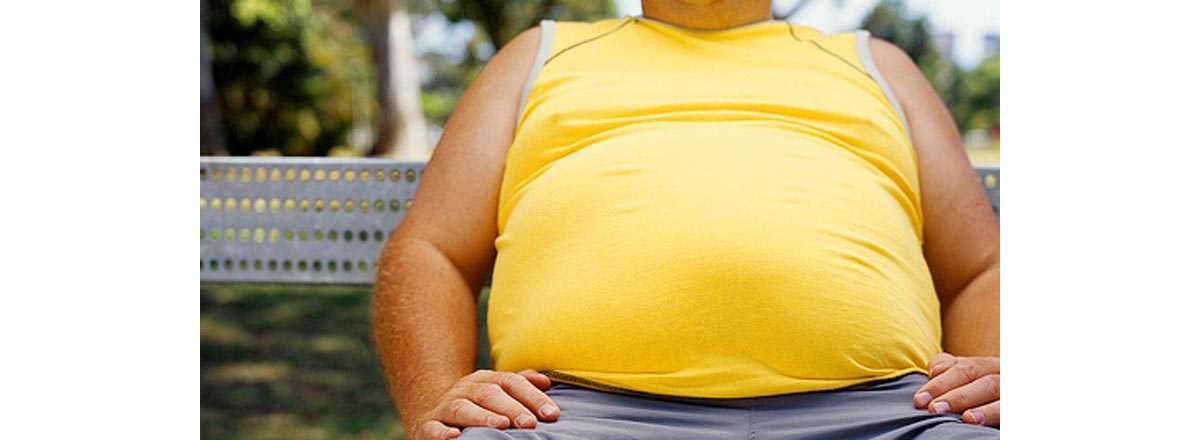It is common knowledge that overweight and obesity raise the risk of a variety of health issues, but did you also know that obese and overweight men are more likely to have trouble becoming fathers?
A French study that pointed to the idea that overweight and obesity — having a Body Mass Index significantly higher than recommended — are statistically much more likely to have lower sperm counts. These findings, in turn, triggered a research team headed by Dr. Jorge Chavarro from the Harvard School of Public Health to begin conducting an in-depth review of available studies on the topic. The data they looked at included around 10,000 men all in all.
Their results? The study discovered, quite shockingly, that a quarter of men who fall into the overweight or obese category have low sperm counts, medically called oligozoospermia — meaning that their ejaculate contains less than 15 million sperm cells for every milliliter of semen. That might sound like a lot, but some men have over 200 million! Low sperm counts don't make pregnancy impossible in themselves, as it only takes one sperm cell to fertilize an egg.
However, the research team had more grim findings. Overweight and obese men also had poorer scores in the sperm health department. That is, their sperm cells did not move as well or as quickly, with some not moving at all, and were more likely to be abnormally shaped as well. Some of the men in the study produced no sperm at all, and obese men were at a 39 percent higher risk of this condition.

Scientists Find That Weight Affects Fertility
The scientists compiled data from fourteen different research studies that compared sperm counts in samples of ejaculate from those of normal weight and compared it to those men who were overweight or obese. They also included data from their own fertility center with the research. Around one-fourth of the combined 10,000 male subjects had a low sperm count and in another analysis, approximately 250 out of 7,000 men had no sperm in their ejaculate at all.With the data collected, the researchers from the Ambroise Pare Hospital in Boulogne-Billancourt compared the findings of normal weight men to the overweight ones. The chubby men classified as “overweight” were 11 percent more likely to have a low sperm count and a whopping 40 percent change of having no sperm at all in the ejaculate. What’s more, the men classified as “obese” were 42 percent more likely to have a low sperm count and around an 80 percent chance of having sperm-free ejaculate.
Why Do Overweight and Obesity Affect Male Fertility?
A number of different theories were proposed by the physicians and researchers. First of all, it was suggested that the overweight and obese men included in the study may have lower male hormone levels and more estrogen was produced from the fat tissue. This was thought to adversely affect the sperm counts of the overweight and obese individuals. Also, the scientists proposed that more fat in the stomach and hip areas could make the scrotum too hot, thus killing the once viable sperm.
The researchers made it clear, of course, that these results do not mean that overweight and obese men will definitely have fertility trouble and it is possible that their weight isn’t to blame for the fertility problems the men included in the study did have. It was hypothesized that some men have underlying health conditions that will cause them to gain weight and that that same condition affects the sperm count as well. It is not a definite fact that losing weight will boost the sperm production of overweight men, the researchers concluded, in fact some case reports have suggested that weight-loss surgery may have a negative effect on sperm.
These findings were published in the Archives of Internal Medicine.
- Pittman, G. (2012). Sperm may feel the weight of extra pounds: study. Retrieved from: http://www.reuters.com/article/2012/03/15/us-weight-idUSBRE82E14820120315
- Sermondade, N, Faure, C., Fezeu, L, Lévy, R., & Czernichow,S. (2012). Obesity and Increased Risk for Oligozoospermia and Azoospermia. Retrieved from: http://archinte.ama-assn.org/cgi/content/extract/172/5/440
- WebMD (2010). Sperm FAQ. Retrieved from: http://www.webmd.com/infertility-and-reproduction/guide/sperm-and-semen-faq
- Photo courtesy of 57378663@N06 on Flickr: www.flickr.com/photos/57378663@N06/6165833011

